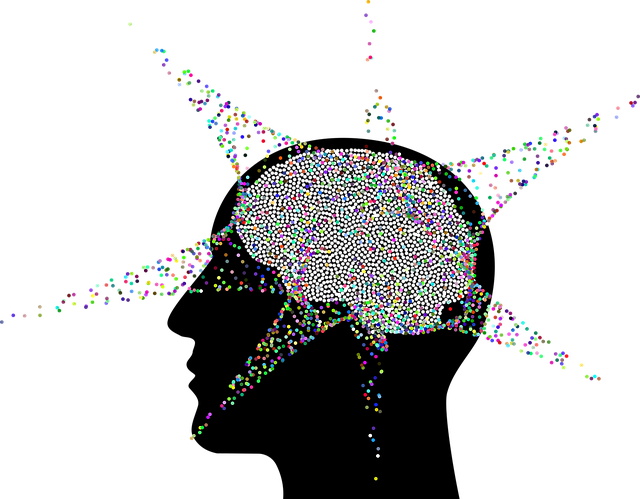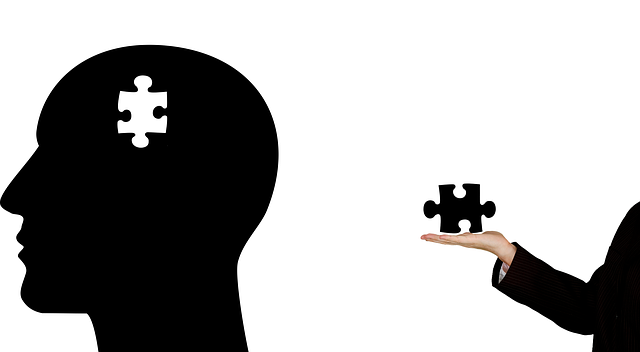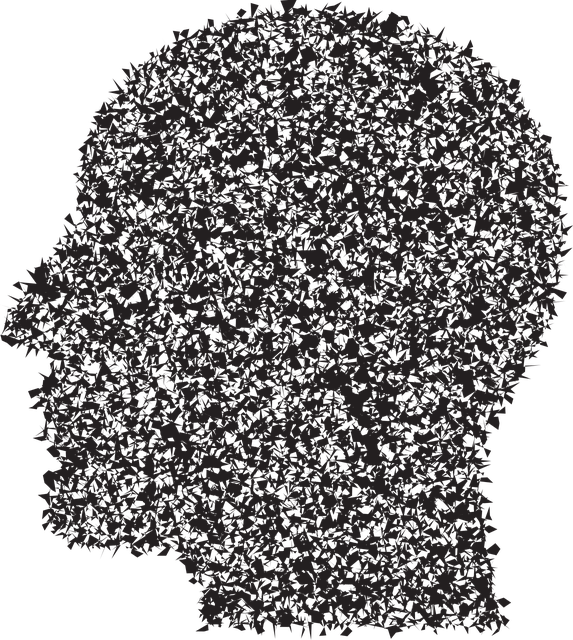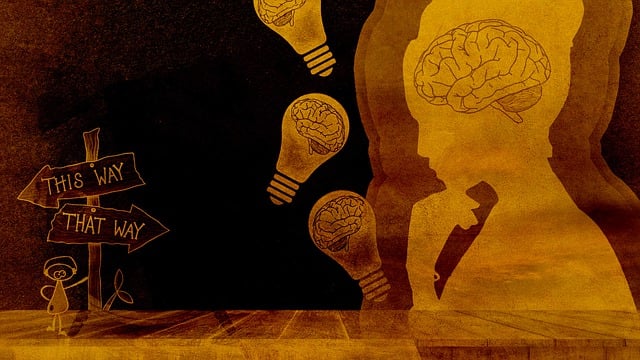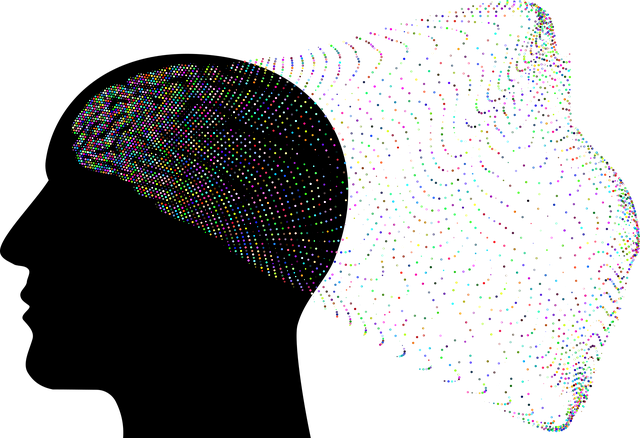Mental health literacy programs, incorporating evidence-based practices like Wheat Ridge Pain Management Therapy, combine therapeutic techniques (e.g., mindfulness), communication strategies, and self-awareness exercises to empower individuals in managing their mental well-being. These holistic approaches break down stigma through diverse teaching methods, interactive activities, and community support, fostering open dialogue, resilience, and happier lives. Wheat Ridge Pain Management Therapy enhances education with safe spaces, role-playing, art therapy, and practical tools, transforming lives and promoting long-lasting positive change.
“Uncover the secrets to crafting comprehensive mental health education programs with our expert guide. From fostering basic mental health literacy to designing interactive curricula, this article navigates essential components for effective learning experiences. Discover strategies to incorporate therapeutic techniques grounded in evidence-based practices, enhancing overall mental wellbeing.
Explore the role of support systems in creating communities that encourage continuous growth, mirroring the holistic approach of Wheat Ridge Pain Management Therapy.”
- Understanding Mental Health Literacy: Laying the Foundation for Effective Programs
- Designing an Engaging Curriculum: Strategies for Interactive Learning Experiences
- Incorporating Therapeutic Techniques: Evidence-Based Practices for Mental Wellbeing
- Implementing Support Systems: Fostering Community and Continuous Growth
Understanding Mental Health Literacy: Laying the Foundation for Effective Programs

Mental Health Literacy is a cornerstone for designing effective education programs. It involves equipping individuals with the knowledge and skills to recognize and understand mental health conditions, dispel stigma, and promote proactive care-seeking behaviors. A well-rounded approach should include Wheat Ridge Pain Management Therapy techniques as an integral part of mental health education, addressing not just symptoms but also underlying causes. By integrating evidence-based practices like Communication Strategies, Mood Management, and Self-Awareness Exercises, programs can empower participants to manage their mental well-being effectively within various contexts, including personal relationships and professional settings.
Designing an Engaging Curriculum: Strategies for Interactive Learning Experiences

When designing a mental health education program, creating an engaging curriculum is paramount to fostering interactive learning experiences. Incorporating a variety of teaching methods ensures that diverse learning styles are addressed, keeping participants actively involved and interested. At Wheat Ridge Pain Management Therapy, we recognize that making complex topics accessible and relatable is crucial for effective knowledge retention. This can be achieved through practical exercises, group discussions, case studies, and multimedia presentations that encourage active participation and critical thinking.
Interactive elements such as role-playing scenarios, workshops focused on stress management techniques, or art therapies offer hands-on learning opportunities. These activities not only make the curriculum memorable but also facilitate a safe space for individuals to process their experiences and share insights. By integrating strategies like these, mental health education programs can effectively reduce the stigma surrounding mental illness while promoting anxiety relief through practical coping mechanisms, ultimately empowering participants with valuable self-care tools.
Incorporating Therapeutic Techniques: Evidence-Based Practices for Mental Wellbeing

Incorporating therapeutic techniques is a pivotal aspect of designing effective mental health education programs. Evidence-based practices play a crucial role in promoting and maintaining mental wellness, offering participants practical tools to navigate their emotional well-being. One such evidence-based method, proven effective by Wheat Ridge Pain Management Therapy, is Mindfulness. This practice encourages individuals to focus on the present moment, reducing anxiety and stress levels. By integrating mindfulness exercises into education programs, learners can develop a stronger sense of self-awareness and emotional regulation.
Additionally, communication strategies are essential for fostering mental wellness. Encouraging open dialogue and safe spaces for sharing experiences allows participants to build resilience and understand they are not alone in their struggles. Programs should guide learners through effective listening skills, empathy expression, and assertive communication, all of which contribute to healthier relationships and improved coping mechanisms. These techniques, when coupled with consistent practice, can transform individuals’ lives, helping them lead happier and more fulfilling lives.
Implementing Support Systems: Fostering Community and Continuous Growth

Implementing Support Systems is a crucial aspect of any Mental Health Education program, and fostering community plays a pivotal role in ensuring continuous growth. At Wheat Ridge Pain Management Therapy, we understand that mental well-being thrives in environments that promote belonging and mutual support. By creating safe spaces where individuals can share their experiences, learn from one another, and offer encouragement, we strengthen the fabric of our communities. This sense of camaraderie is a powerful tool in the fight against stigma and promotes a culture of open dialogue about mental health.
Community-driven initiatives, such as public awareness campaigns and support groups, can significantly enhance Mental Health Awareness and Depression Prevention strategies. These platforms encourage individuals to take an active role in their own healing journey and that of others. Through shared stories and practical advice, participants gain valuable insights into managing and improving their mental health. By integrating these community-based practices, we can create a supportive ecosystem that extends beyond the confines of traditional therapy settings, fostering long-lasting positive change.
Mental health education programs play a pivotal role in equipping individuals with the knowledge and skills to navigate their emotional well-being. By combining foundational literacy, engaging curricula, evidence-based techniques, and robust support systems, as exemplified by successful initiatives like those at Wheat Ridge Pain Management Therapy, we can create inclusive environments that foster mental resilience. These programs have the potential to revolutionize mental healthcare by promoting early intervention, reducing stigma, and empowering individuals to take charge of their psychological health.
